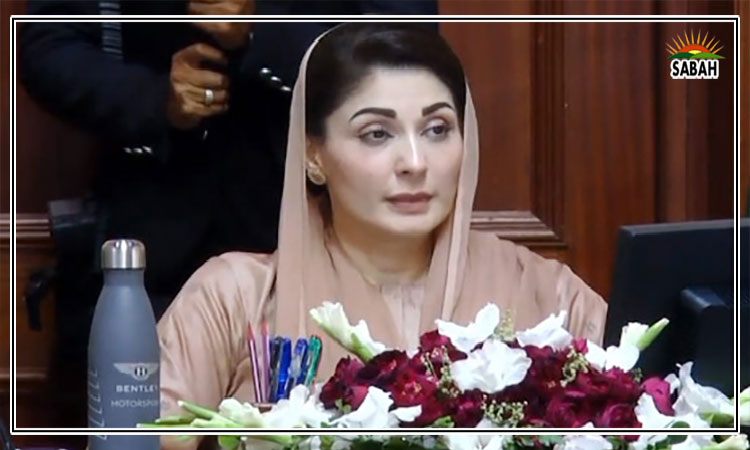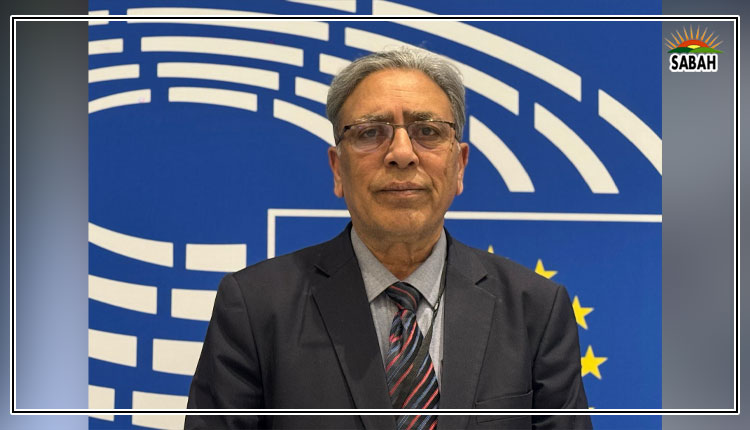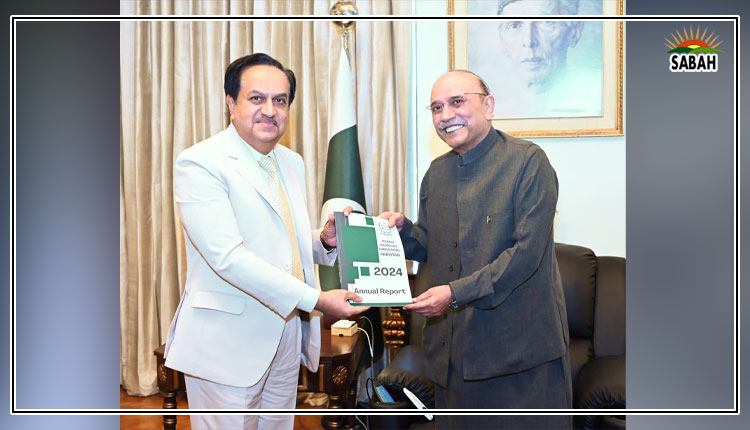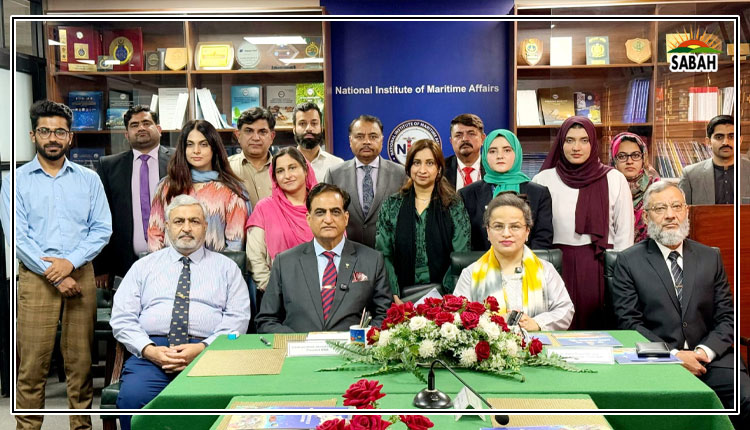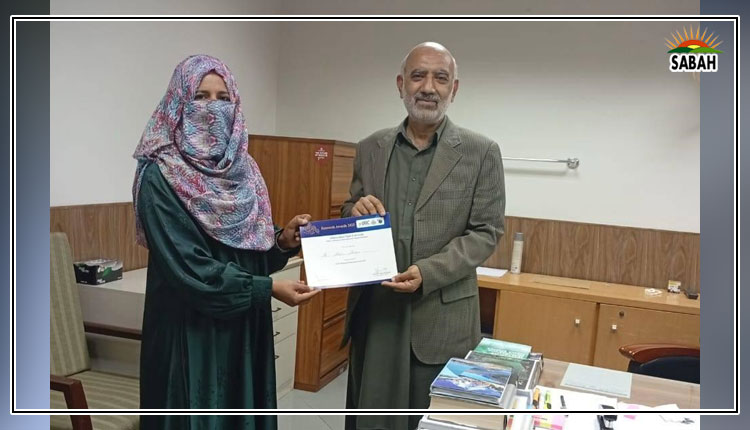Inner truths …. Rafia Zakaria
ONE of the hardest things to do in this world is to face and tell yourself the truth. In the world that we inhabit, our roles are more or less defined; we wear our masks, and say the ‘right’ things in the appropriate context.
Sadly, it is true that the more we surround ourselves with these external details of our lives, the more submerged our inner voices tend to be. It is also true that one of the ways in which people can be controlled is to never permit them to listen to their inner voices, or to overwhelm their narrative of reality with another one and to reiterate it over and over until it crowds out whatever that individual may once have been able to deduce by himself.
This is how people are brainwashed. Uighur prisoners in China, for instance, must repeat a version of alternate reality several times so that they become ever more distanced from their own inner voices. Mind control is real, and its chief goal is to silence a person’s dialogue with themselves. It is hardly surprising that mind control is used as an instrument of coercion in several settings — in families, societies and by the state.
On the other hand, our inner voices can also be the instruments of our private rebellions, especially when they are weaponised. There are many situations in life, particularly in countries such as Pakistan, where so many of our roles and circumstances are defined by duty and obligations that it appears as if there is little room for independent thought or choice.
Our inner voices can be the instruments of our private rebellions, especially when they are weaponised.
The repercussions of action impact many lives, and so individual action or thought seems either impossible or too harmful to exercise without feeling mental strain, guilt or remorse. The tension between our wants and needs as individuals and our duties to other people is not only real and pressing, it is quite possibly a defining trait in society. This is particularly acute in the present time in Pakistan, as the country urbanises, family structures fragment, and people have to consider whether they should privilege their own family unit or the larger extended circle of relatives.
In our society, the problematic persistence of patriarchal structures means that the greatest pressure against having ideas and thoughts of one’s own is confronted by the women of Pakistan. If a woman in the country is lucky, she may have a mother or sister or a friend with whom she can be truthful and share thoughts without editing or filtering them.
Those who have such relationships in their lives have a far less chance of being abused by their husbands or their in-laws. This is because, in being able to share the details of their lives, they are essentially undertaking that inner dialogue that can reveal the truth of their existence not just to the person in whom they are confiding, but to their own selves as well. They can recognise patterns and motives and what makes sense in life and what does not.
Unfortunately, most people do not have relationships that are based on such honesty and frankness. In fact, many have relationships in which one party exploits the other — the person doing the sharing may not be aware that their confidant is using the information to try and control them. This is sheer manipulation.
The period immediately after a woman is married is particularly vulnerable in this regard, because there is pressure to form close bonds with a life partner and one’s new family. It is unsurprising, therefore, that many in-laws and husbands in this society try to limit the contact that a new bride has with her own family and friends. Close female friends present a particular threat, because they represent a means through which a newlywed woman can retain her independent judgement about the new family set-up she is becoming a part of.
A few months ago, I came across a novel called Forbidden Notebook. Set in post-World War 2 Italy, and originally published in Italian by feminist author Alba de Céspedes, it tells the story of a middle-aged woman who begins to keep a journal. Her family pokes fun at her desire to do so, asking what she could possibly have to write in a notebook. Her life is difficult — financial strain has forced her to take a job in an office, and she also has to run her household without the help to which she is accustomed.
The story reveals how a small act of keeping this notebook, of deciding what is and what is not important enough to write down, to pen one’s own truth, can be a transgressive act that can change a life. Not only is the process of writing an act of rebellion, there is also constant anxiety over whether the notebook is safe, whether it could be discovered by someone in the linen closet, whether the hiding place selected for it is a good one. The truth written down is dangerous, and even the people that love you the most may not be the readers that you want.
At the same time, the novel reveals the reality that not all rebellions need to be dramatic and destructive. All humans deserve the ability to speak honestly to themselves, and it is up to every individual to take charge of their own truth.
It is our ability to tell ourselves the truth that is ultimately at the core of being self-aware and conscious of how our actions impact others. Without it, we become stunted; creatures of delusion and validations, and simply worse off. We render ourselves incapable of being accountable for our actions in the world.
The writer is an attorney teaching constitutional law and political philosophy.
rafia.zakaria@gmail.com
Courtesy Dawn, August 28th, 2024



